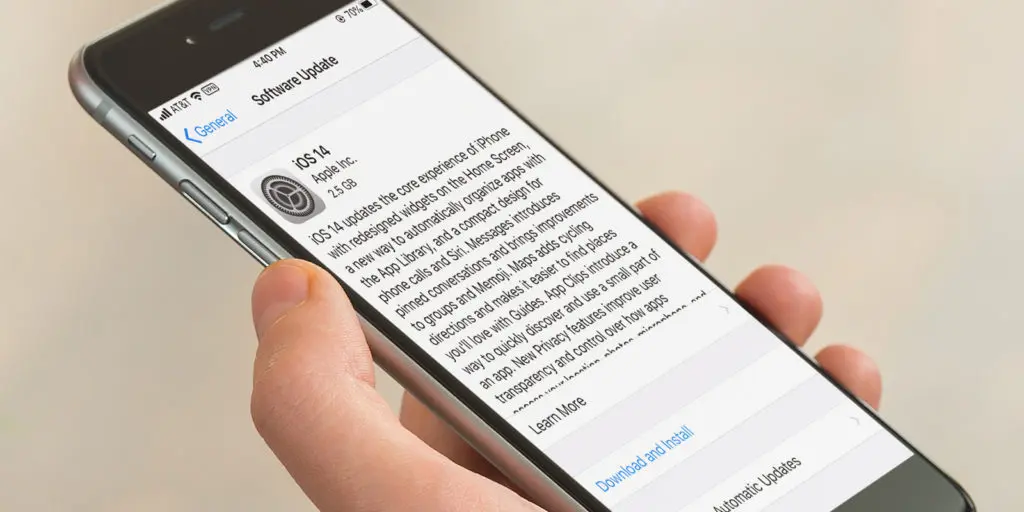
By Pablo Gallastegui, Senior Software Engineer
I normally would recommend to keep all apps and operating systems up to date, enabling automatic updates or otherwise trying to run them manually within a handful of days of release. Sure, in some cases updates are released with some bugs or issues. But by and large the benefits of having a secure, updated OS tends to outweigh the the risks of running an outdated version, with the risks increasing over time as the version becomes more outdated.
Nonetheless, I have found myself telling friends and family to disable automatic updates and wait a bit longer to jump on the new release of Apple’s mobile OSs, which is being released today. After making this recommendation they thought I was privy to some sort of insider information or secret conspiracy. The reason is much simpler, and far less exciting.
Normally Apple has a big September event where they announce new products, which this year happened yesterday. (For the last several years the event included announcing new iPhone models, a tradition broken this time around). During the event Apple usually announces that the new versions of their operating systems will become available within a week or so.
Immediately after the event, what is called a Golden Master release of the Operating Systems and development tools are provided to developers to test their most recent App builds before submitting them to the App Store for review. Unlike previous years, this year the OSs are being released the day after the event (and therefore giving developers only one day with the Golden Master versions for test and deployment).
At Red Pixel Studios we have attended Apple’s Worldwide Developers Conference (either in-person or virtually) each year since we went to our first Apple Developer’s World Tour in 2008, at the very beginning of iPhone development. The WWDC happens every June, and is where new features of the upcoming Operating System are revealed and the very first beta releases are provided.
We take the opportunity then to start testing our codebase against it and fix any issues that may arise with the new OS. This year was no exception, and although we had no major issues to fix we did take the opportunity to make some improvements that will take advantage of newer features on the new OS and perform our ongoing future-proofing of the code. Nonetheless, this can be a complex process, and testing with earlier betas tends to have its own set of issues. It is because of this that many developers (particularly of large codebases) split this process into phases that stretch all the way to the moment the Golden Master release is available. In some cases it simplifies the process to wait as long as possible, particularly when we are fixing issues related to the new version of the OS at the same time we are developing features that leverage new functionality.
So all of that is to say that it would not be surprising (and it would be quite understandable) if some Apps could have some issues until the developers are able to push an update, which probably will happen mostly within the next week or two. So no conspiracy theory, just a little patience to make sure all the Apps you love and rely on to play, work, and communicate with friends and family are good and working before jumping in.
After that? Yes, go back and turn those automatic updates back on! I don’t want to catch you using iOS 11 next time we hang out.